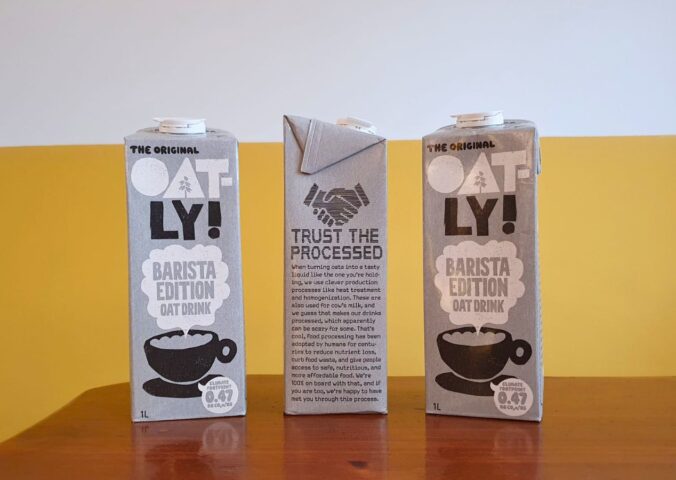The US Supreme Court will soon hear arguments against California’s Proposition 12 (Prop 12) law, which defines the minimum amount of space that mother pigs, baby cows, and laying hens must be given.
According to Sentient Media, the main opposers of the law are the American Farm Bureau Federation and the National Pork Producers Council. The two have joined forces to raise questions about how constitutional Prop 12 is and have taken their concerns to the Supreme Court.
The law was voted on back in 2018 and is due to be in full effect this year. It affects not only farm animals within California, but also food products from animals reared outside the state.
For example, pork manufactured elsewhere using gestation crates (cages that limit the movement of pregnant pigs) will not be sold in California as a result of Prop 12.
The pork industry has fought against the law since it was voted in by a majority of 62 percent. Opposition stems from “massive” infrastructure changes that would supposedly need to be put in place if producers want to remain in the Californian market.
How has the case reached the Supreme Court?
Pork lobbies have made multiple attempts to challenge the legality of Prop 12, but to date, all have been unsuccessful. Their first glimmer of hope came in March when the highest court in the US agreed to hear their concerns.
The Department of Justice has since offered the pork industry support. It submitted a document to the Supreme Court, pointing to a legal clause that could add weight to pig rearers’ claims that Prop 12 is unfair to them.

The document suggests that by imposing strict production rules on pork manufacturers, California is placing an “unreasonable burden” on trade. This is due to the state having a small local pork sector, which requires it to import the majority of its meat.
Some states, including Arizona, Florida, and Massachusetts, already have similar laws in place to ban pig gestation crates. But the pork industry claims that, like California, none are major meat producers. This then places the burden of “expensive” operational changes on hog-farming regions. The worst affected will be Iowa, Minnesota, and North Carolina.
Legal observers have expressed surprise that the Supreme Court has agreed to hear the pork industry’s concerns. The Biden administration, however, has repeatedly supported domestic big meat.
“The constitution does not guarantee the right to pork producers to have an uninhibited national market,” Kelsey Eberly, a legislative policy fellow at Harvard law school, told the Guardian.
Her comment stems from a clause that is in place to ensure fair competition. It does not, however, guarantee manufacturers the automatic right to trade in every US state.
Is animal welfare at risk?
US states commonly impose their own rules on the sale of goods from other locations. However, if Prop 12 is deemed unfair, it will pave the way for local-level regulations to be undermined.
A primary concern for animal welfare advocacy groups, including the Humane Society of the United States (HSUS), which backed Prop 12, is that animal rights will take a step back.
California has been at the forefront of welfare initiatives for some time. The banning of fur sales in 2019 and banning the production and sale of foie gras in 2004 were important milestones. It also passed a cruelty-free cosmetics act in 2018. This led Cruelty Free International to declare California as a “national leader in compassionate lawmaking.”
If pork produced with animal cruelty is reinstated as a suitable import for California, other products are feared to follow. This could result in a nationwide blow to animal welfare standards.
Will the pork industry really suffer from Prop 12?
Despite the cost of replacing gestation crates being their main argument, major pork players actually appear unconcerned.
In a statement, Hormel Foods, one of the US’s major pork producers, said that it “faces no risk of material losses from compliance with Proposition 12.” It continues to note that some added complexity will arise, but that California is an “important market” for the company. As a result, it will accommodate new legislation.
Likewise, in a 2020 earnings call, Tyson Foods told investors that it can easily initiate Prop 12-compliant programs. The world’s second-largest pork processor stated it could do so alongside standard production methodologies.
A formal decision will come from the Supreme Court between December 2022 and June 2023.






